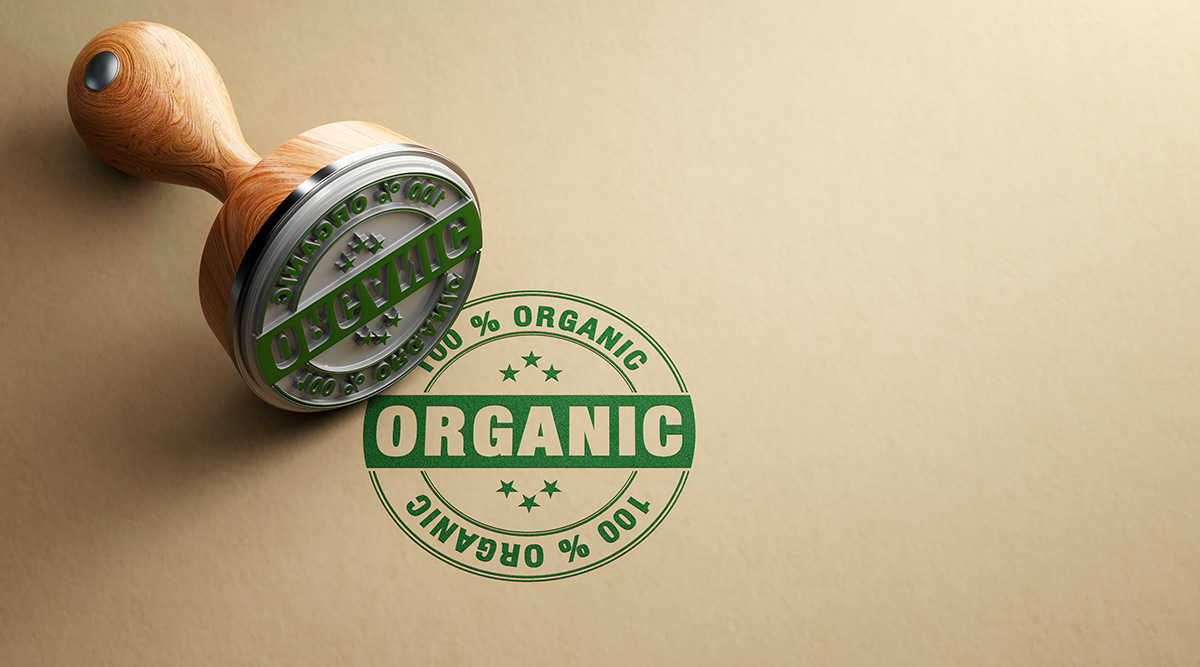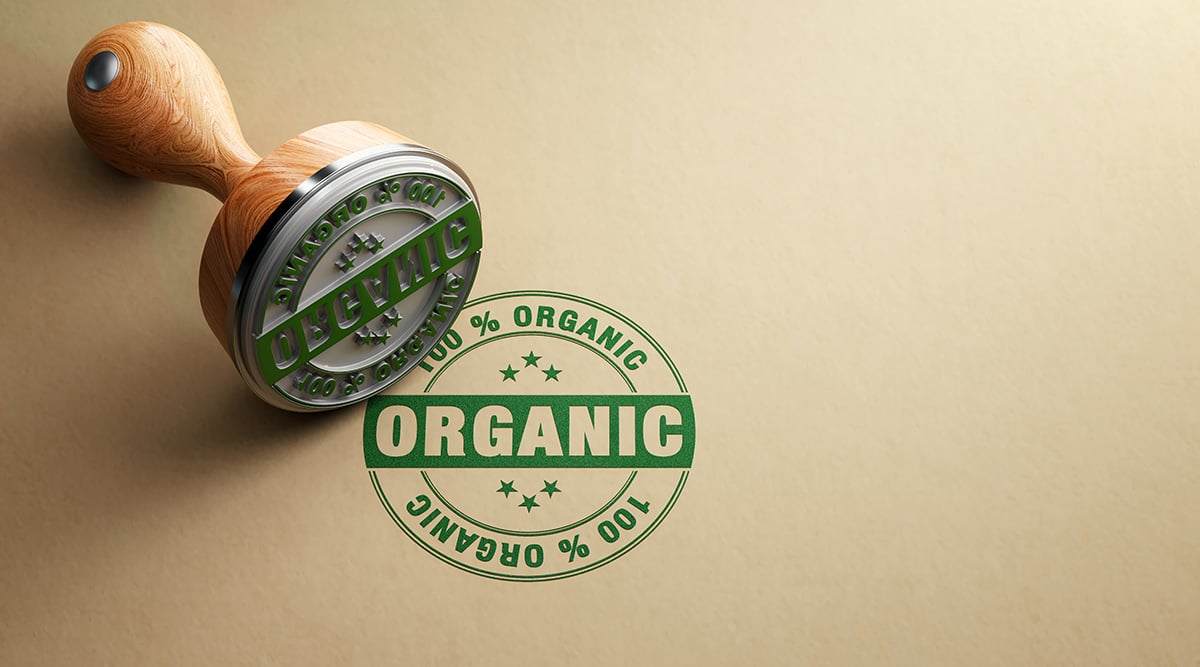Certification Based on Promises Is Risky Business
DIALOGUE

July 2023
Volume 77, No.6

The food industry has relied on certifications to mark a product or ingredient as superior for over two centuries, starting with the first use of kosher certification in New Amsterdam (now Manhattan). In more recent decades, fair trade and organic have become ubiquitous in almost every supermarket and café.
Today, food companies regularly turn to certifications to increase consumer trust that their products are better for the environment. On the surface, having a third party inspect and oversee what companies are doing is a straightforward way to increase trust that a product really is sustainable.
But the recent rise of eco-certifications has occurred alongside an equally growing concern about greenwashing—corporate claims that products are better for the environment but perhaps not in meaningful or substantial ways.
As it turns out, assurances via certification might not be a sure thing after all. In fact, it’s turned into a significant liability for some companies, given the lesser-known practice that some eco-certification bodies let companies claim certification today on the promise they’ll eventually achieve standards later.
Among the crowded field of over 800 ethical, sustainable, and clean certifications, some made compromises in their startup phase to get traction in the market. Those early compromises are now baked into their business practices and the expectations of clients, including big food producers who benefit from recognition—even premium pricing— for improvements they have not yet made.
To consumers and food professionals alike, that doesn’t seem “kosher.” Literally. We know that many widely used certifications like kosher, halal, and organic mean the food already meets a specific, measurable standard, whether being free of pork or shellfish or that synthetic pesticides and additives are not present in the food.
But is that really the case? Look no further than some recent class-action lawsuits challenging sustainability claims in the seafood sector. The lawsuits allege that some certification bodies are deceptively awarding check marks and acceptance seals to client companies without adequately verifying their claims, and that the products are nowhere near meeting purported certification standards.
It’s not a good look. While the current cases are still pending, over the past few years, similar lawsuits were settled out of court before companies were subject to “discovery” and required to formally disclose their fishing and sustainability practices.
And these problems are not limited to seafood. Companies are facing similar claim challenges over a lack of due diligence and inspections to ensure deforestation and human rights abuses have not occurred in the growing or harvesting of ingredient products.
Why does any of this matter? While companies are undeniably facing consumer and market pressure to tout their green bona fides (and some are indeed making earnest efforts toward sustainability improvements), the overall credibility of these claims is seriously undermined when certification is granted prematurely based only on loose promises of meeting standards years in the future.
If eco-certifications are to mean anything to anyone, they must be objective, consistent, and evenly enforced.
With the use of eco-certifications becoming a liability and the urgent need for the entire food community to address environmental challenges like climate change and ocean health, it’s time for everyone to shift away from a “check the box” approach and reliance on others to tell us we’re doing enough. We all need to do the harder work of committing to realistic standards, improving our companies and our products in meaningful, measurable, and verifiable ways and to stop congratulating ourselves that a third party says we’re doing a good job.
Especially if we’re paying those parties to say so.
The opinions expressed in Dialogue are those of the author.
Digital Exclusives

10 Food Trend Predictions for 2022
The editors at Food Technology magazine, published by the Institute of Food Technologists (IFT), have announced their predictions for the hottest food trends for 2022.
Food Technology Articles

How to Achieve EPR-Forward Packaging
In this two-part series, the author explores the history of Extended Producer Responsibility (EPR), what is needed to help EPR succeed, and how brands can best prepare for EPR.

Keeping the ESG Promise
An infographic describing food and beverage companies’ outlooks regarding ESG initiatives.

Ag-Tech’s Passionate Pragmatist
Agrologist and agricultural futurist Robert Saik wants to feed the world better and more sustainably. To make that happen, leveraging science and technology will be critical.

The State of Sensory Science
Three seasoned sensory scientists share their thoughts on the complexity of measuring consumer perceptions, the value of academic/industry collaboration, the evolution of the discipline, and why they love what they do.

Investing in African Heritage Foods
Foods from the African continent, such as millet and hibiscus, are starting to trend in Western diets. WANDA cofounder Tambra Raye Stevenson says that these foods could help solve the nutrition crisis.
Recent Brain Food

A New Day at the FDA
IFT weighs in on the agency’s future in the wake of the Reagan-Udall Report and FDA Commissioner Califf’s response.
Members Say IFT Offers Everything You Need to Prepare for an Uncertain Future
Learn how IFT boosts connections, efficiencies, and inspiration for its members.

More on the FDA's Food Traceability Final Rule
In a new white paper, our experts examine the FDA’s Food Traceability Final Rule implications—and its novel concepts first proposed by IFT.
Job Satisfaction in the Science of Food is High but Hindered by Pain Points
IFT’s 2022 Compensation and Career Path Report breaks it down.


